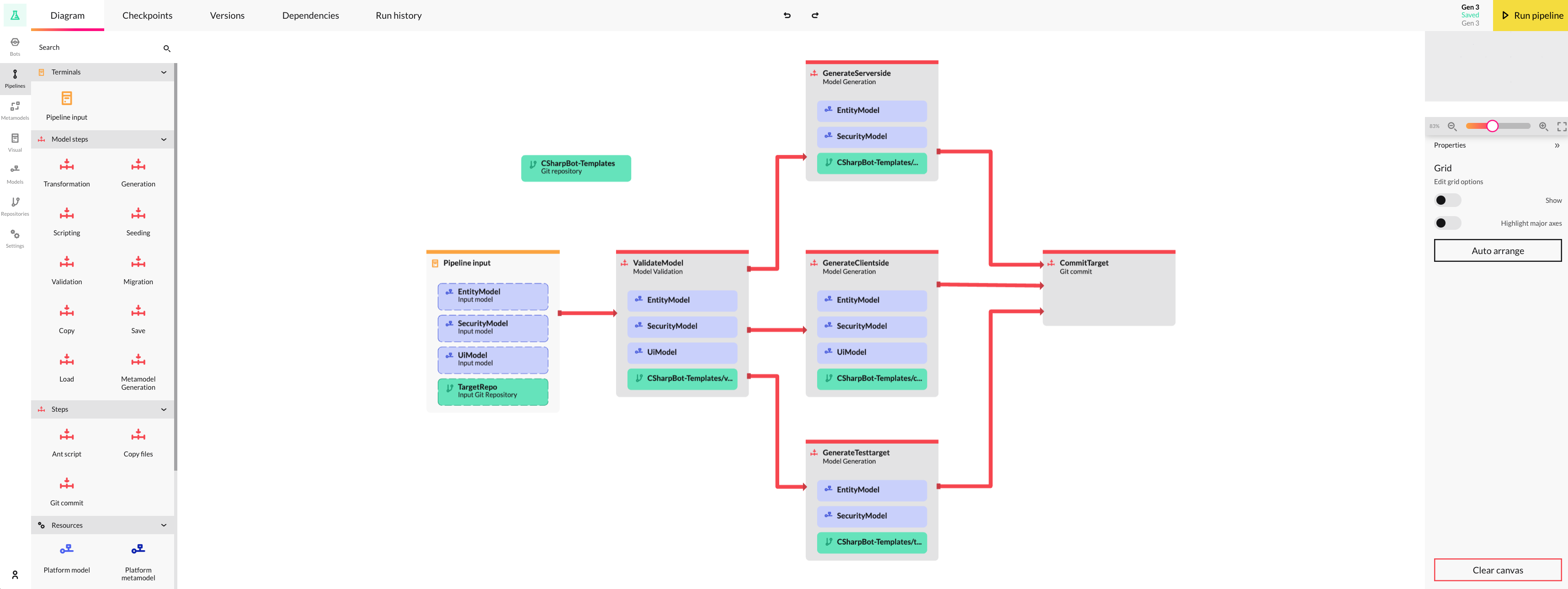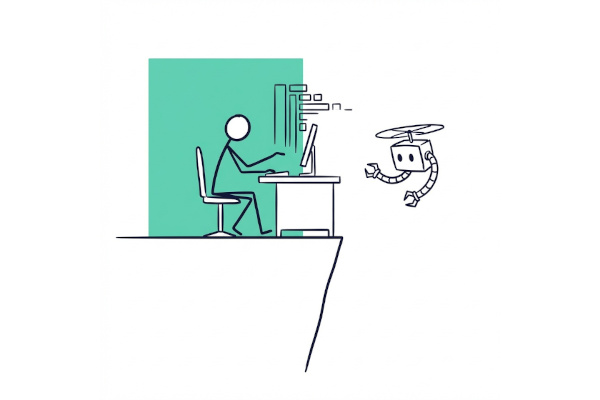
What is Platform Engineering?
Platform engineering encompasses the practice of creating toolchains that empower organisations to automate and scale essential resources. In this article, we examine some of different definitions of platform engineering and answer some common questions.
It is a natural evolution for software teams to build their own internal tools and platforms. It is happening right now, in your organisation. You might not even know it is going on, but it will be happening, guaranteed.
Gartner has recognised platform engineering as an emerging technology approach. Though Gartner has focused on the accelerated delivery of applications, we prefer to focus on automation and quality, with accelerated delivery as a byproduct of getting those aspects right first. Google also speaks about developer productivity but focuses more on the self-service nature with the following definition:
Platform Engineering is the practice of building useful abstractions and self-service infrastructure within an organization, to unify scattered tools and accelerate developer productivity.
There are many challenges in platform engineering, and it is an exciting space. For some of us that have been around a while, I dare say that it has existed a lot longer than this emerging wave. It reminds me of when Eric Evans coined the term Domain Driven Design (DDD) in the early 2000's, it was great for someone to name something that people had been doing for years. It made it easier to talk about and bought attention to it.
We welcome this new space of platform engineering, it makes sense on many levels! It calls out something that everyone is doing right now. So, we expect this space to accelerate. We love it so much that we believe it is our wave to ride. In this article, we are going to answer a few questions and discuss how platform engineering could benefit you.
Are platform engineering and internal development platforms related?
Yes.
Platform engineers build integrated products that are internal development platforms, sometimes people use the acronym IDP.
The IDP's cover a wide variety of tools. The tools can be categorised into the following planes:
- The Developer Control Plane, which offers control and management capabilities for developers.
- The Integration & Delivery Plane, facilitating seamless integration and delivery of software components.
- The Resource Plane, which manages and allocates computing resources efficiently.
- The Monitoring & Logging Plane, enabling real-time monitoring and log management.
- The Security Plane, ensuring robust security measures for the platform and applications.
Are low-code tools internal development platforms?
No.
While low-code tools are designed for citizen developers, IDP's are aimed at a wider audience and include more roles that are found within an organisation. Furthermore, low-code platforms are usually very rigid as they come with a pre-built set of blocks and rarely give access to meaningful source code, while IDP's are more inclined to empower teams and allow customisations to meet the organisations standards across a wide variety of tools.
Is Codebots a tool for platform engineers?
Yes.
Codebots did not start out as a platform engineering tool, our beginnings are well before this space started emerging. However, Codebots does sit squarely in this space and maybe it was ahead of its time!? With Codebots, platform engineers can build IDP's for multiple planes using toolchains. We will be blogging with more examples over the coming months, but for a teaser, here is an example of a pipeline.

Codebots is a model-driven platform engineering tool that empowers organisations to build toolchains to automate development and project tasks. Some of the benefits include quality, scalability, consistency, and maintainability.
If you are interested in getting involved or learning more about platform engineering, join a 15K+ global community on the platform engineering global network, or drop us an email and we can arrange a demo.
Discover More

Meet HelloWorldBot from CodeBots
HelloWorldBot provides a hands-on walkthrough of how CodeBots can turn structured thinking into real outputs. Install it from the Marketplace, follow a small example, and watch the platform capture information, automate steps, and produce versioned artefacts you can keep. It’s the simplest way to see the engine running.

The Bot Marketplace is Here
The Marketplace has landed in CodeBots Platform 6.0.0, making it easier to discover, install, and reuse bots across teams. It’s a big step toward turning scattered AI experiments into repeatable, governed outcomes.

The Vibe Coding Cliff
The vibe coding cliff is the moment the magic stops: when steering by intent and momentum no longer holds a system together and the LLM cannot keep the rising complexity in the air. It is the point where the vibes run out and real engineering has to step back in.